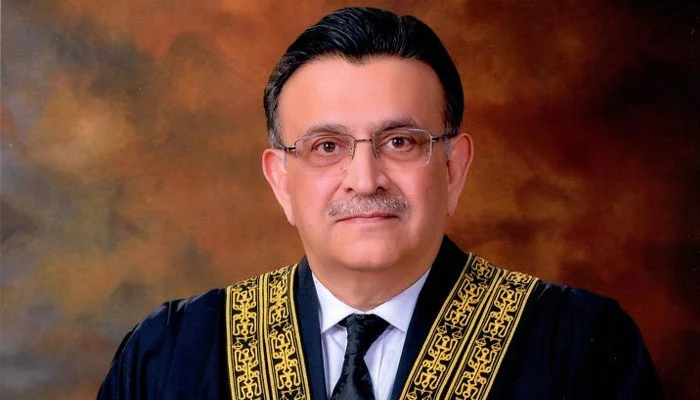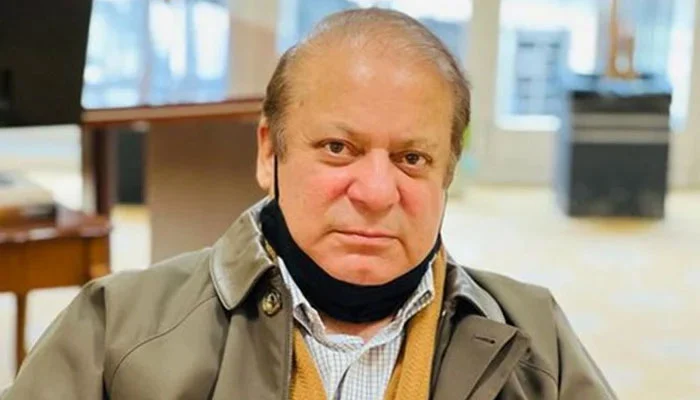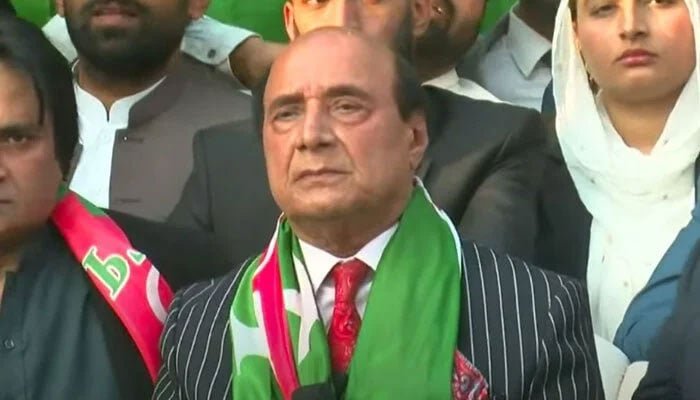The Chief Justice of Pakistan’s Supreme Court presided over a hearing regarding the constitutional petition filed by Imran Khan, the head of Pakistan Tehreek-e-Insaf (PTI), against the NAB Ordinance Amendment Act 2022. During the hearing, the Attorney General was directed to provide evidence, while Khawaja Haris, the petitioner’s counsel, was instructed to submit written arguments.
A three-member bench, comprising Chief Justice and Justices Ijazul Hasan and Mansoor Ali Shah, conducted the proceedings. The Chief Justice expressed concerns that due to economic hardships, people were leaving the country, and economic sectors were being monopolized by political elites.
He also highlighted the practice of granting presidential pardons and the continued authority held by corrupt individuals. He stressed the need to protect ill-gotten wealth and save many individuals within the system. The state must ensure that criminals do not roam freely, and international legal assistance received after NAB amendments had become questionable, impacting fundamental rights.
During the hearing, Justice Mansoor Ali Shah raised questions about Imran Khan’s decision to step down from Parliament. He emphasized that a parliamentarian is a custodian of the people’s trust, and the biggest violation is when someone leaves Parliament of their own accord.
The court examined the NAB amendments closely and found some discrepancies but failed to locate any substantial errors. They considered the upcoming elections and the possibility of revisiting NAB amendments after the new parliament is in place.
Justice Ijazul Hasan questioned whether NAB, being the accused, would make its own laws and regulate investigations. He raised concerns about whether the amendment was an attempt to seize control over NAB. Chief Justice noted that even if parliament passed laws for personal gain, the courts could intervene to safeguard democracy.
The debate also touched upon the impact of NAB amendments on constitutional rights. The court agreed that basic rights were directly affected by these amendments. Corruption damages society, and people elect their representatives with specific goals in mind, which are enshrined in the constitution.
The judges stated that they could take action against violations of fundamental rights but also noted that it would be essential to determine the source of such complaints. The discussion also revolved around Imran Khan’s decision to leave Parliament, with the court emphasizing that parliamentarians are custodians of the people’s trust.
The Supreme Court of Pakistan conducted a thorough hearing on the constitutional petition filed by Imran Khan against the NAB Ordinance Amendment Act 2022. The court raised concerns about the impact of these amendments on democracy, fundamental rights, and the country’s economic well-being, but ultimately found no substantial errors in the amendments. The debate highlighted the delicate balance between the executive, legislative, and judicial branches of government and their roles in upholding democracy and the rule of law.



